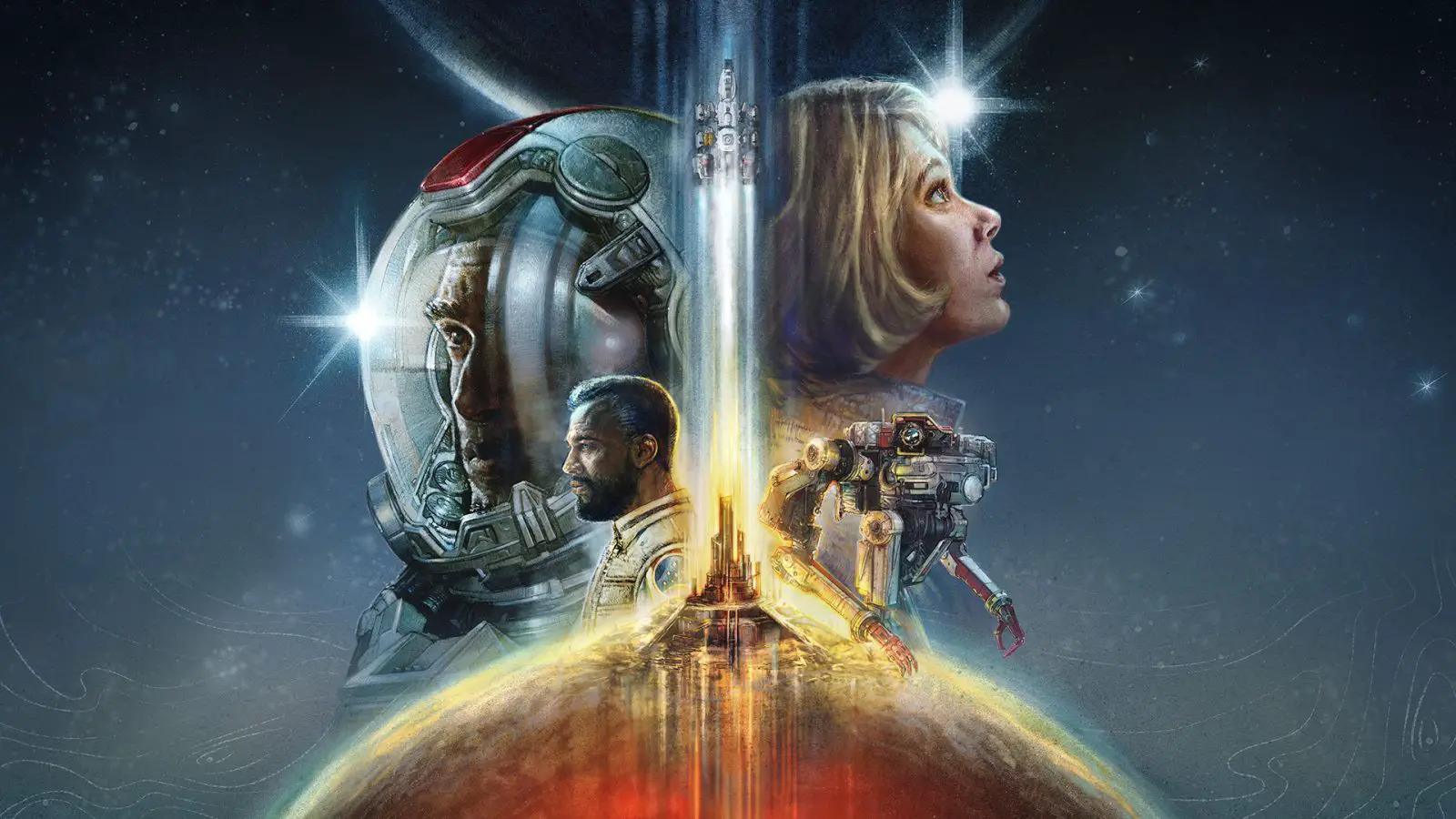Crafting a game is no simple task.

Bethesda’s recent release, Starfield, a space-exploration RPG, has received generally positive reviews since its launch this year. However, like any major release, it hasn’t been without its share of player complaints. Despite being a highly anticipated title from Bethesda, it fell short of expectations for some players, even becoming the subject of jokes online. Emil Pagliarulo addressed this issue on social media (formerly Twitter), highlighting the common misunderstanding among some players about the intricacies of game development.
Developer of Starfield comes to the defense of Bethesda’s RPG title
Pagliarulo begins his extensive thread by noting that certain players are “disconnected” from the “realities of game development,” yet confidently express their opinions on the internet. He acknowledges the frustration consumers may feel when they spend money on games and don’t feel they are getting their money’s worth.
Nevertheless, he elaborates on why he refrains from complaining about games on social media, citing two primary reasons. First, being a developer himself, he possesses a profound respect for his fellow developers and comprehends the immense challenges involved in game development. Second, due to his position at a game studio, he refrains from expressing grievances on social media, deeming it both “uncool and unprofessional.”
Following that, Pagliarulo reflects on his time as a game reviewer, recalling how he expressed unfiltered opinions about games, whether positive or negative. During that phase, he lacked an understanding of the immense effort put in by designers, programmers, artists, producers, and all other contributors, facing the challenge of “bringing a vision to life with constantly shifting resources.”
Pagliarulo clarifies that he isn’t venting about his current job or attempting to change opinions with these statements. Instead, he emphasizes that “nobody sets out to make a bad game,” and he believes that “most game devs are incredibly talented,” even if a particular game falls short. He further explains the distinction between the “perfect game” one “wants” to create and the game that one “can” create. Ideally, these two align closely, but it’s a stroke of luck when they do.
Nevertheless, reaching that point isn’t a straightforward journey, demanding extensive teamwork. Pagliarulo encourages players to “love games, buy them, play them, and complain to your heart’s content.” However, he also urges players to recognize that the game they hold is, “in some ways, a freaking miracle in and of itself.” He emphasizes that ordinary individuals have collaborated for years with a singular objective — to deliver joy and entertainment. Pagliarulo concludes by suggesting it’s beneficial to keep this in mind and appreciate the collective effort behind the games.







